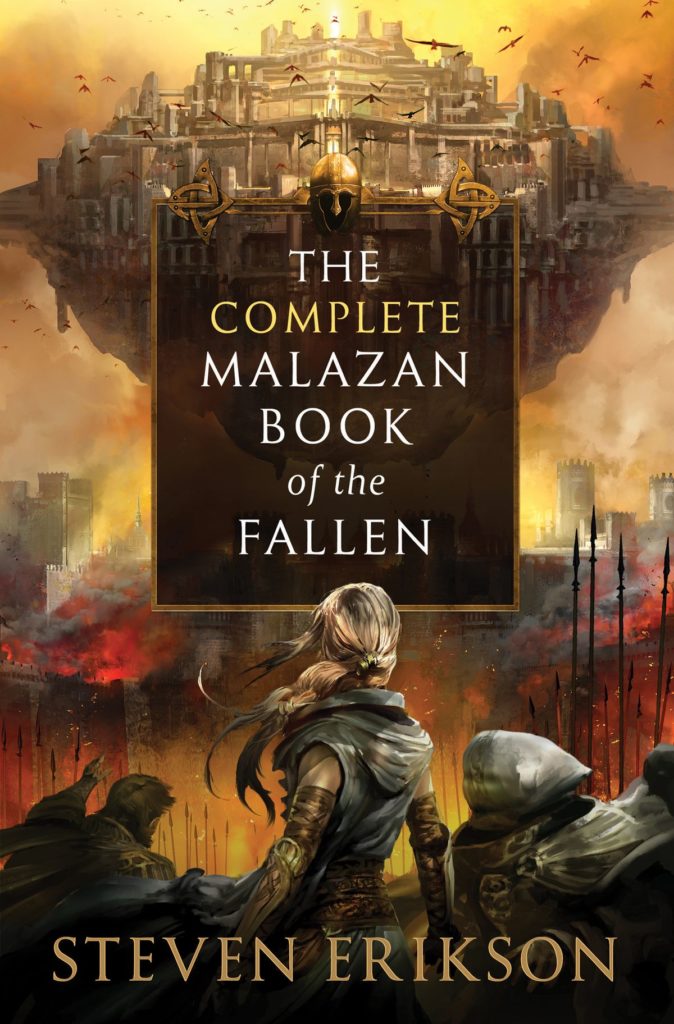This one is narrowly focused on writing a specific type of science fiction and fantasy, but it’s a fairly prevalent issue, so I figured I would drop my two cents in that particular slot.
Something I had to deal with from pretty much the first paragraph of my current book, was how to naturally insert the necessary information, so that readers would have any chance of understanding what the F is going on. I believe I have overcome this issue with some level of competence (courtesy of obsessing over it for literal years), but it did make me evaluate the role of infodumps in secondary world fantasy and science fiction.

First of all, the terms, for that one person who potentially doesn’t know what I am talking about:
Infodumps are compressed chunks of information about the story, world, or characters in fiction. It is, by definition, something to avoid, as it stops the narrative in its tracks. Rather than the reader submerging themselves into your work, they are taken out of the story in order to read a glossary.

Secondary worlds, on the other hand, are locales that exist outside of our present day world or its known past. Your Middle Earths, Narnias, Westeroses, and Roshars, for sure. But just as much your Cultures, Dunes, Urths, and Foundations, because whether an alternate reality, or a distant future, the further away you get from the reader’s point of origin, the more terminology and circumstance they will have to learn, in order to become part of your worlds.
So, with that said, it is staggering how many ways there are to present information poorly. Talking heads (which I’ve heard described as “Maid and Butler dialogue” and “As you know, Bob…” as well) that spout exposition when they have no reason to be having such conversations. Farm boys or fresh-out-of-the-portal/cryochamber earthers who need everything explained to them. Students in magical/SF military schools who supposedly know a lot, but get to still give the reader tutorials through their daily experiences.

And of course, the old faithful – the omniscient point of view in which the author’s voice itself stops everything to explain to us what we are reading and how it works.
The types of infodumping are infinite, but what struck me, as I was thinking of how best to reveal my own worldbuilding to the reader, was that when it comes to secondary worlds, not all in-depth explanations are infodumps. And the delivery of information is not a binary, but a spectrum.
To give examples, on one end you have a Brandon Sanderson. He likes everything neatly explained and structured, from the magic to the workings of the world, to cosmology and theology. And if something is a mystery, the reader knows it is a matter of time for it to be revealed. However, he rarely falls into the trap of artificial explanations. He worldbuilds with the reader, but he does it organically, and this approach to writing is at the core of his work.
On the other end, you have someone like Steven Erikson, who — in Gardens of the Moon — parachutes the reader into the middle of a war in an unknown land, right as some kind of dark elf on a flying mountain has a chaotic magic battle with a group of humans. Names, titles, factions, and plot points fly around and bounce off of each other, and none of it is explained. You are left to slowly build your own picture of the Malazan world, if you have the patience for it.

I tend to prefer understanding a world by myself, absorbing it through the eyes of characters who are part of it. As I empathize with them, I can empathize with their reality and circumstances, and it is my favorite type of “learning curve”. However, I still need some core principles and terminology to be if not explained, then immediately obvious (and there are many naming conventions that help with that). Otherwise, curiosity turns to confused frustration.
Meanwhile, the opposite approach has great merit as well. A gem like Mistborn does not work if Kelsier is not around to explain allomancy to Vin. The glorious battle scenes of that book only impress because we understand the “science” of what the characters are doing. Some stories need the reader to have a firm grasp on their setting in order to tell the story they want to tell.

Both extremes, and anything in-between can be done well, or poorly. But I have come to realize that whether you want drop the reader in the middle of your world, or introduce them slowly to it, some measure of infodumping is unavoidable, at least for larger works of secondary world speculative fiction. In this aspect, SFF is fairly unique in comparison to any other genre, which can lean on the real world for support in its narrative. We don’t have that luxury, and so we must use tricks and shortcuts to give the reader enough to work with.
Ultimately, I don’t mind some direct infodumps in the books I read. If the world, magic, space-faring tech, or the complicated relationships between characters and factions, are key to understanding the plot, but not the point of the plot, I’d rather know enough about them from the get go, rather than trying to piece them together, while figuring out where the story is going. Some of my all-time favorite authors are able to do that seamlessly enough that I don’t even notice information has been dumped on me.

And so, this is what I aspire to as well. Because, really, you try telling a space fantasy story comped as “Final Fantasy meets Mistborn on a terraformed gas giant” without some infodumps!